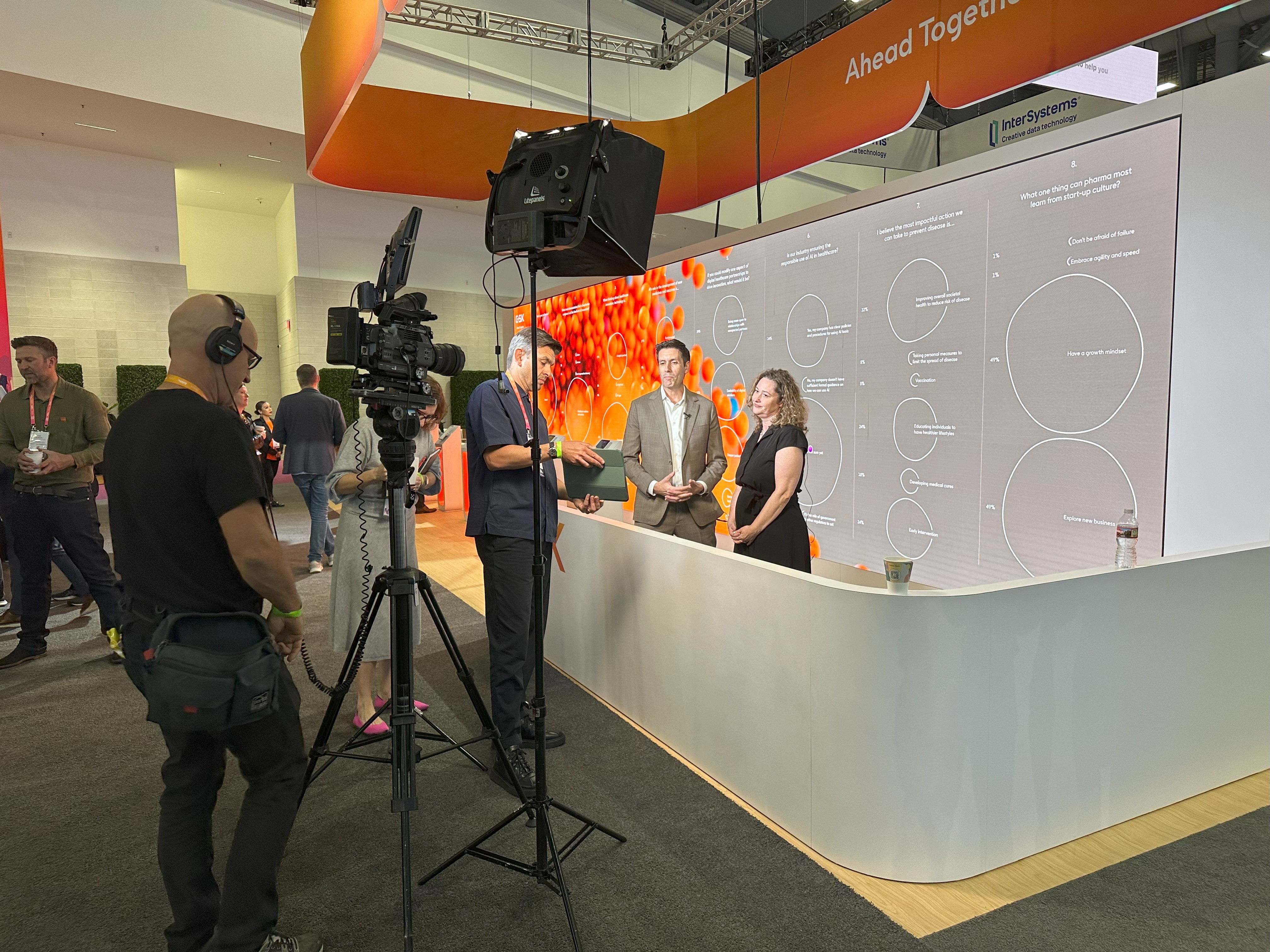Half of parents surveyed either cancelled or delayed their child’s scheduled meningitis vaccination during the COVID-19 pandemic – GSK survey shows [1]
For media and investors only
New findings from a multi-country survey show that 50 per cent of parents whose child had a scheduled meningococcal disease (meningitis) vaccination appointment, had the appointment delayed or cancelled during the COVID-19 pandemic.
The Ipsos survey on behalf of GSK offers multi-country insight into the pandemic's impact on meningitis vaccinations over the last 12 months. It considers the views of 4,962 parents of children aged 11-18 years old in the United States and 0-4 years old in the United Kingdom, Italy, France, Germany, Argentina, Brazil and Australia. All parents interviewed were either sole or joint decision maker for their child’s healthcare decisions.
Results across the eight countries from the online survey that took place between 19 January and 16 February 2021, showed that stay-at-home regulations were the main reason for delayed or cancelled meningitis vaccination appointments so far during the pandemic.
Most parents across the eight countries (95 per cent) also said that their child will resume at least one of ten listed activities involving close contact with others once restrictions are lifted, with 76% stating their child will socialise with groups of friends or family face to face.
Dr. Thomas Breuer, Senior Vice President and Chief Medical Officer, GSK Vaccines said: “Knowing meningococcal disease signs and symptoms and seeking advice on all protective options, including vaccination, may help to avoid outbreaks of meningitis on top of the current pandemic. It can also provide further reassurance when restrictions are lifted and children resume close contact with others in indoor settings like nurseries, schools or extended family gatherings.”
The main reasons selected by the 50 per cent of parents surveyed across eight countries who delayed or cancelled appointments were country lockdowns and stay-at-home regulations (63 per cent), concerns of catching COVID-19 in public places (33 per cent), and the current need to care for someone who had contracted COVID-19 – either a family member or themselves (20 per cent).
The survey also found that more than three-quarters of parents (77 per cent) intend to reschedule their child’s meningitis vaccinations. However, 21 per cent said they would not reschedule their child’s meningitis vaccination appointment, with most of those parents (11 per cent) citing concerns over the ongoing fear of contracting COVID-19 in public spaces.
Dr. Thomas Breuer, Senior Vice President and Chief Medical Officer, GSK Vaccines continued: said: “While the COVID-19 pandemic continues to have an impact on our communities and healthcare systems, authorities including the US CDC and World Health Organization[2], recommend that routine vaccinations continue to be administered. Now that appropriate measures are being taken to support a safe return to clinics, it’s time for us all to start thinking about the relevant and recommended vaccines that family members in our care may have missed or now need.”
About the Survey
To identify a representative sample of adults 18+, quotas were set by gender, age, geographic area of residence, and work status and the final data weighted to this audience. Further filter questions were asked of participants to identify the sample for this survey.
As well as providing the results individually for each of the eight countries included in the survey, Ipsos produced an overall total based on “country averages.” This is where the results from each country have the same weight rather than the true population proportions across the eight countries, with the following sample sizes:
- US (n=1500)
- UK (n=500)
- France (n=500)
- Germany (n=476)
- Italy (n=500)
- Brazil (n=501)
- Argentina (n=501)
- Australia (n=484)
About Invasive Meningococcal Disease
Invasive Meningococcal Disease (IMD) is uncommon[3], with country-specific reported cases ranging from 0.1 to 2.4 cases per 100,000 population in 2017[4]. However, this potentially serious and unpredictable disease can kill in as few as 24 hours[5] and is the leading cause of life-threatening bacterial meningitis in most of the industrialised world.[6] About one in 10 of those who contract the disease will die, even with appropriate treatment.[7] Additionally, around 20 per cent of those who survive the disease may suffer a major physical or neurological disability (limb loss, hearing loss or seizures).[8] The highest incidence occurs in the most vulnerable group of infants and young children, followed by a second lower peak in adolescents and young adults.[9]
About GSK
GSK is a science-led global healthcare company with a special purpose: to help people do more, feel better, live longer. For further information please visit www.gsk.com/about-us.
References
[1] GSK Data on File: REF-111978: Meningitis COVID-19 Impact Survey, Feb 2021
[2] Reference for WHO if used: World Health Organization (WHO), 2020. Q&A on vaccination during the COVID-19 pandemic. Available at: https://www.euro.who.int/en/health-topics/disease-prevention/vaccines-and-immunization/q-and-a-on-vaccination-during-the-covid-19-pandemic [Accessed February 2021]
[3] Pelton SI. Meningococcal disease awareness; Clinical and epidemiological factors affecting prevention and management in adolescents. J Adolescent Health. 2010;46:S9-S15
[4] European Centre for Disease prevention and Control (ECDC). Surveillance report: Invasive meningococcal disease – Annual Epidemiological Report for 2017. Available at: https://ecdc.europa.eu/en/publications-data/invasive-meningococcal-disease-annual-epidemiological-report-2017 [Accessed march 2020]
[5] Thompson MJ et al. Clinical recognition of meningococcal disease in children and adolescents. Lancet. 2006;367:397-403
[6] Rappuoli R et al. Meningococcal B vaccine (4CMenB): the journey from research to real world experience. Expert Rev Vaccines. 2018;17(12):1111-1121
[7] World Health Organization (WHO), 2018. Meningococcal meningitis Fact sheet no 141. Available at: https://www.who.int/news-room/fact-sheets/detail/meningococcal-meningitis [Accessed March 2020]
[8] World Health Organization (WHO), 2018. Meningococcal meningitis Fact sheet no 141. Available at: https://www.who.int/news-room/fact-sheets/detail/meningococcal-meningitis [Accessed March 2020]
[9] For example: Christensen, H et al Meningococcal carriage by age: a systematic review and meta-analysis. Available at: https://pubmed.ncbi.nlm.nih.gov/21075057/ and Peterson, M et al. Serogroup-specific meningococcal carriage by age group: a systematic review and meta-analysis. Available at: https://www.ncbi.nlm.nih.gov/pmc/articles/PMC6500331/



